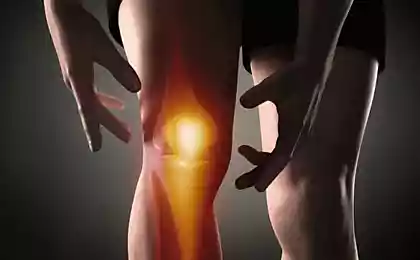204
Why do hands and feet freeze?
It is very important to listen to the signals of your body in time to understand what measures to take to improve your health and prevent serious diseases.

DepositPhotos
Winter is approaching, and the problem of constantly freezing hands and feet becomes especially urgent, because it is associated with poor blood circulation, which slows down its current even more due to the narrowing of blood vessels in the cold.

DepositPhotos
"Site" publishes expert advice addressed to those to whom such a feature seriously spoils life.
Why hands and feet are cold The feeling of warmth is due to normal blood circulation. Blood enters all parts of the body and warms them. But if it is too thick, it can not pass through all the smallest capillaries, especially the peripheral parts of the body (legs, hands). So they get cold.
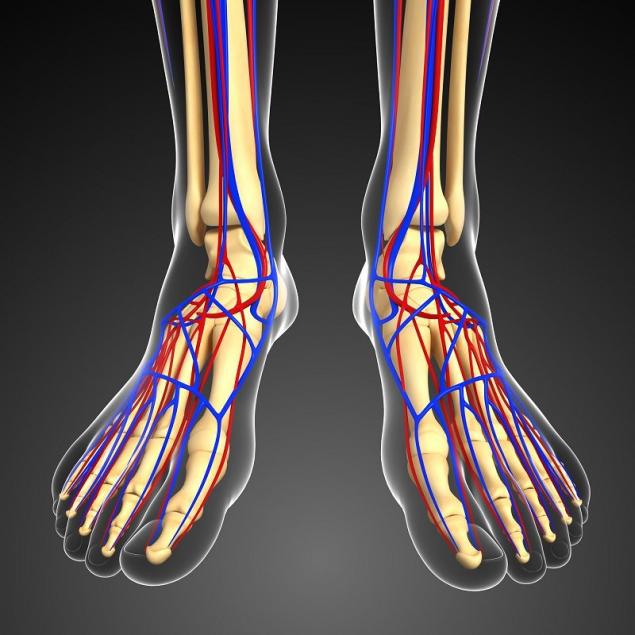
DepositPhotos
If your arms and legs get icy only when it is objectively cold outside or indoors, and in the summer you forget about this problem, it is just a mechanism of thermoregulation. The body saves heat for internal organs and reduces blood flow to limbs that are less important for survival.

DepositPhotos
If you begin to notice that you are constantly cold, even when others complain about the heat, and your hands and feet are always like ice, then this signals possible health problems.
Why your hands and feet are cold
Diseases called "thick blood" does not exist, but there are a number of signs that allow you to conclude that you need to undergo an examination and pass a blood test. Here's the main ones. signs of "thick blood".
Proper nutrition, juices and herbs will help normalize blood viscosity Very often on the question "What to do if the blood is thick?" you can hear the answer - to thin. However, a decrease in viscosity will have a bad effect on blood clotting.
The most correct answer is to normalize blood viscosity, that is, to bring it to the physiological norm so that the viscosity becomes less, and blood clotting does not suffer.
Nutrition for this should be as balanced as possible in all parameters (proteins, fats, carbohydrates, vitamins, minerals). Blood becomes thicker with a lack of proteins and amino acids, so the diet must necessarily be meat (low-fat varieties, turkey or chicken), fish (marine), dairy products and eggs.
Taurine is especially valuable of all amino acids, so it is important to eat those foods where taurine is contained in greater quantities (seafoods) or vitamin complexes with taurine.
An equally important component of nutrition is fat. Fatty acids are an important component of the lipid membrane of blood cells. Normalization of the membranes of erythrocytes and platelets will prevent the "gluing" of cells.
One of the most important substances is omega-3 acid, it is part of some varieties of sea fish, and is also found in olive and flaxseed oil.
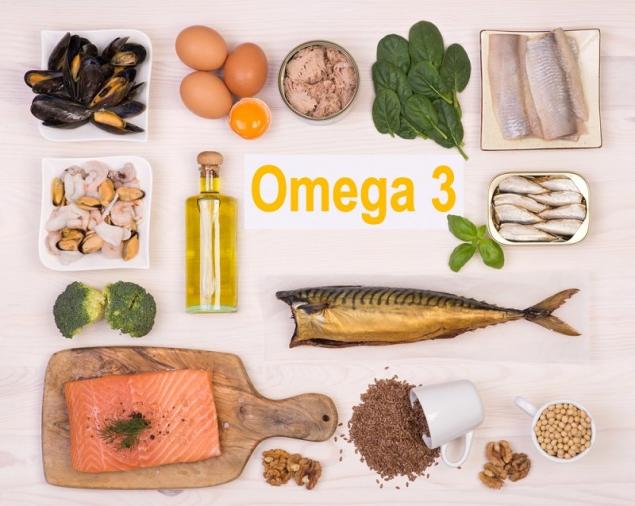
DepositPhotos
In addition to creating a balance in nutrition, it is also necessary to eat foods that contain substances that contribute to blood thinning. These products include: ginger, onions, garlic, almonds, cashews, sunflower seeds, aloe juice, beets.
It is also important to observe the vitamin balance, it is proved that an excess of vitamins C and K contributes to blood clotting. This is also due to a lack of vitamin E.
Therefore, it is important to balance the ratio of vitamins in the diet. Vitamins C and K should come in moderate amounts (no more than the daily norm).
You can fight the problem of blood clotting with the help of the use of freshly squeezed fruit and vegetable juices, in particular carrot and pumpkin, which at the same time supply the body with liquid and antioxidants.
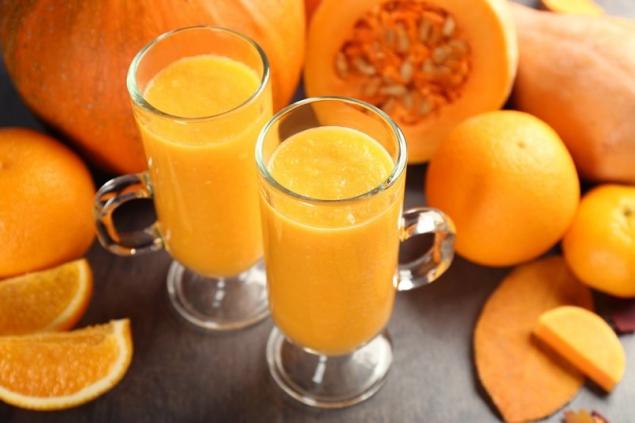
DepositPhotos
It is important that juices are made from quality, well-preserved vegetables and fruits. It is desirable to combine sweet (carrots, pumpkin) and sour (apple, citrus, cranberries) components.
To support the liver and help it thin the blood, prepare a collection of medicinal herbs. To do this, take the rhizomes of the creeping wheatgrass, nine tall, hemospheric pharmacy, dandelion and chicory in a ratio of 2:1:1:2:2.
One tablespoon of a mixture of crushed plants pour two glasses of boiling water, keep on low heat under the lid for 12-15 minutes, strain after cooling. Use tincture of 70-80 ml 4-5 times a day before meals.
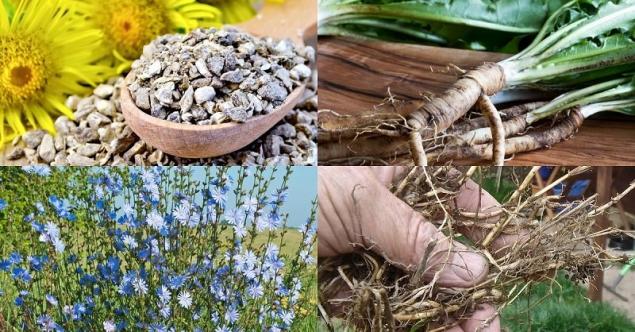
DepositPhotos
Changes in blood viscosity affect another vital indicator. thrombosis. It is blood clots that cause the development of such deadly diseases as myocardial infarction and ischemic stroke.
"Site" will tell about the formidable opponents of fats: products that normalize blood viscosity and do not allow the formation of a fatal blood clot in the arteries.
Alcohol, fatty foods, chemical additives in food, medicines - this is not a complete list of enemies of our liver. Fortunately, this body has many friends too! Learn about 12 products that restore the health of our natural filter.

DepositPhotos
Winter is approaching, and the problem of constantly freezing hands and feet becomes especially urgent, because it is associated with poor blood circulation, which slows down its current even more due to the narrowing of blood vessels in the cold.

DepositPhotos
"Site" publishes expert advice addressed to those to whom such a feature seriously spoils life.
Why hands and feet are cold The feeling of warmth is due to normal blood circulation. Blood enters all parts of the body and warms them. But if it is too thick, it can not pass through all the smallest capillaries, especially the peripheral parts of the body (legs, hands). So they get cold.

DepositPhotos
If your arms and legs get icy only when it is objectively cold outside or indoors, and in the summer you forget about this problem, it is just a mechanism of thermoregulation. The body saves heat for internal organs and reduces blood flow to limbs that are less important for survival.

DepositPhotos
If you begin to notice that you are constantly cold, even when others complain about the heat, and your hands and feet are always like ice, then this signals possible health problems.
Why your hands and feet are cold
- Thyroid hypofunction
If the constant feeling of chilliness is combined with a slow heartbeat, constant fatigue and depression, causeless swelling and weight gain, you need to consult a doctor to direct you to check the level of thyroid hormones. If free T4 is lowered, and TSH (pituitary hormone), on the contrary, goes off the scale, this indicates hypothyroidism, that is, your thyroid gland is not working at full strength. This slows down all metabolic processes. Hence the feeling of constant cold. After correction of hormone levels, the symptoms will disappear.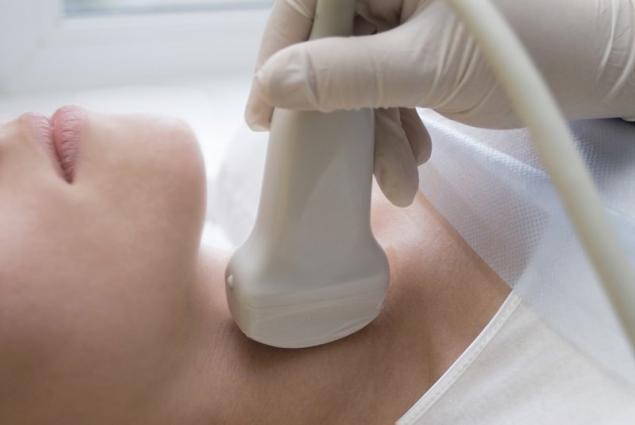
DepositPhotos - Low blood pressure.
If your blood pressure is constantly low, you probably already know it. In this case, you need regular monitoring and measures to improve your health, which will advise the doctor: exercise, proper nutrition, contrast shower and the like. If you began to experience cold in the extremities recently, you need to consult a doctor and find out what is the cause of the lowering of pressure. They can be many: from pregnancy and the same hypothyroidism to problems with the liver and heart.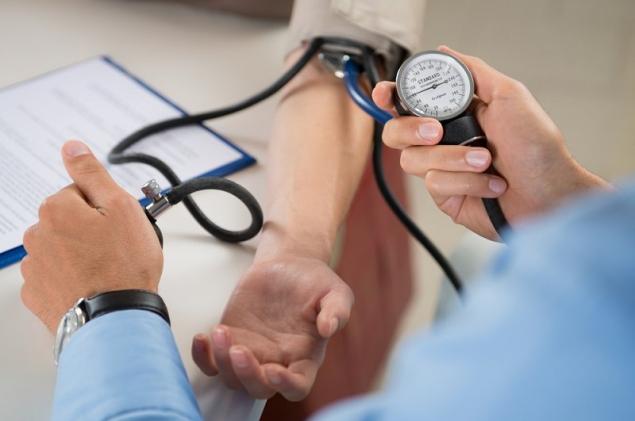
DepositPhotos - anemia
Deficiency of iron, vitamin B12, folic acid or other trace elements and some diseases lead to a decrease in hemoglobin levels. As a result, internal organs and tissues are worse supplied with oxygen. First of all, insufficient blood supply affects the limbs, because your feet and palms become cold.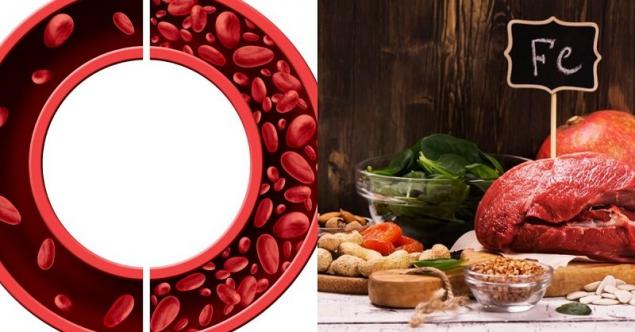
DepositPhotos - Diabetes
Elevated blood sugar levels destroy nerves, resulting in limbs becoming numb, pale and constantly freezing. The legs are more affected. About these symptoms should tell your doctor - with the development of neuropathy (nerve damage), tissue infection, inflammation and severe pain are possible.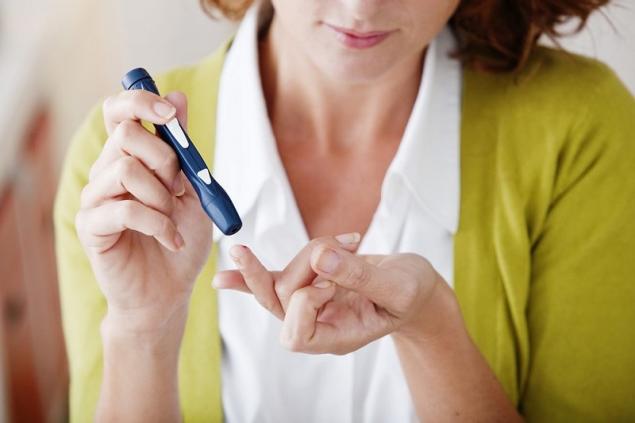
DepositPhotos - Thick blood.
One of the most common causes of eternally cold hands is too thick blood. That is, blood with increased viscosity, as evidenced by an increased indicator called D-dimer. Viscous blood moves much worse through the vessels, making your hands and feet cold. It also puts additional strain on the heart, increases the risk of deadly blood clots in the arteries.
Blood clots for several reasons. Among them are poor liver function, insufficient fluid intake, a deficiency in the diet of vegetables and fruits rich in vitamins.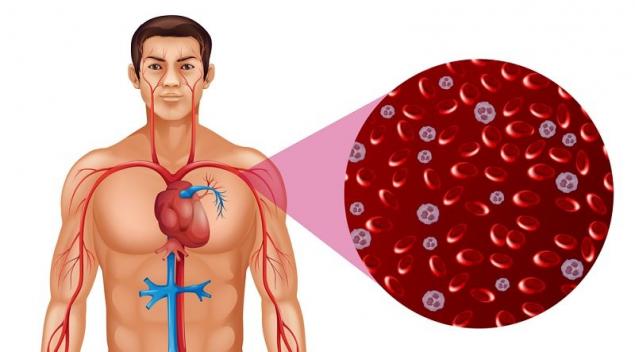
DepositPhotos
Diseases called "thick blood" does not exist, but there are a number of signs that allow you to conclude that you need to undergo an examination and pass a blood test. Here's the main ones. signs of "thick blood".
- Heaviness in the legs, constantly freezing hands and feet.
- General weakness, rapid fatigue and drowsiness.
- Dispersion, headaches and depression.
- Dry mouth.
- Nodules in the veins.
Proper nutrition, juices and herbs will help normalize blood viscosity Very often on the question "What to do if the blood is thick?" you can hear the answer - to thin. However, a decrease in viscosity will have a bad effect on blood clotting.
The most correct answer is to normalize blood viscosity, that is, to bring it to the physiological norm so that the viscosity becomes less, and blood clotting does not suffer.
Nutrition for this should be as balanced as possible in all parameters (proteins, fats, carbohydrates, vitamins, minerals). Blood becomes thicker with a lack of proteins and amino acids, so the diet must necessarily be meat (low-fat varieties, turkey or chicken), fish (marine), dairy products and eggs.
Taurine is especially valuable of all amino acids, so it is important to eat those foods where taurine is contained in greater quantities (seafoods) or vitamin complexes with taurine.
An equally important component of nutrition is fat. Fatty acids are an important component of the lipid membrane of blood cells. Normalization of the membranes of erythrocytes and platelets will prevent the "gluing" of cells.
One of the most important substances is omega-3 acid, it is part of some varieties of sea fish, and is also found in olive and flaxseed oil.

DepositPhotos
In addition to creating a balance in nutrition, it is also necessary to eat foods that contain substances that contribute to blood thinning. These products include: ginger, onions, garlic, almonds, cashews, sunflower seeds, aloe juice, beets.
It is also important to observe the vitamin balance, it is proved that an excess of vitamins C and K contributes to blood clotting. This is also due to a lack of vitamin E.
Therefore, it is important to balance the ratio of vitamins in the diet. Vitamins C and K should come in moderate amounts (no more than the daily norm).
You can fight the problem of blood clotting with the help of the use of freshly squeezed fruit and vegetable juices, in particular carrot and pumpkin, which at the same time supply the body with liquid and antioxidants.

DepositPhotos
It is important that juices are made from quality, well-preserved vegetables and fruits. It is desirable to combine sweet (carrots, pumpkin) and sour (apple, citrus, cranberries) components.
To support the liver and help it thin the blood, prepare a collection of medicinal herbs. To do this, take the rhizomes of the creeping wheatgrass, nine tall, hemospheric pharmacy, dandelion and chicory in a ratio of 2:1:1:2:2.
One tablespoon of a mixture of crushed plants pour two glasses of boiling water, keep on low heat under the lid for 12-15 minutes, strain after cooling. Use tincture of 70-80 ml 4-5 times a day before meals.

DepositPhotos
Changes in blood viscosity affect another vital indicator. thrombosis. It is blood clots that cause the development of such deadly diseases as myocardial infarction and ischemic stroke.
"Site" will tell about the formidable opponents of fats: products that normalize blood viscosity and do not allow the formation of a fatal blood clot in the arteries.
Alcohol, fatty foods, chemical additives in food, medicines - this is not a complete list of enemies of our liver. Fortunately, this body has many friends too! Learn about 12 products that restore the health of our natural filter.




















